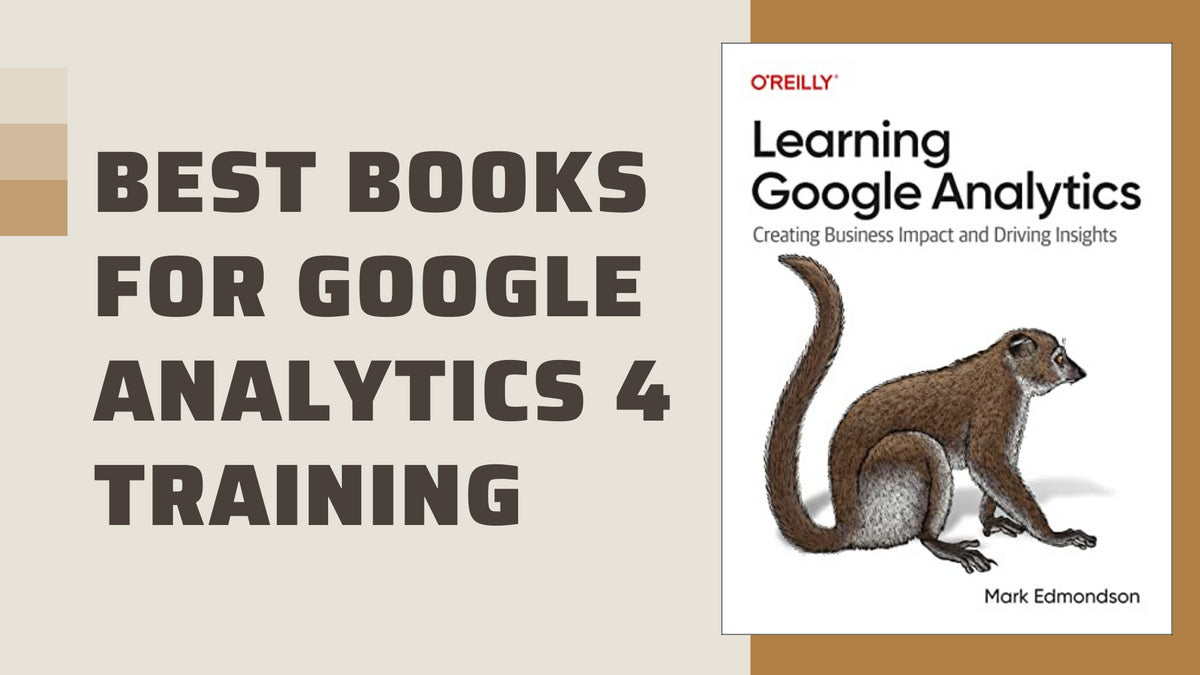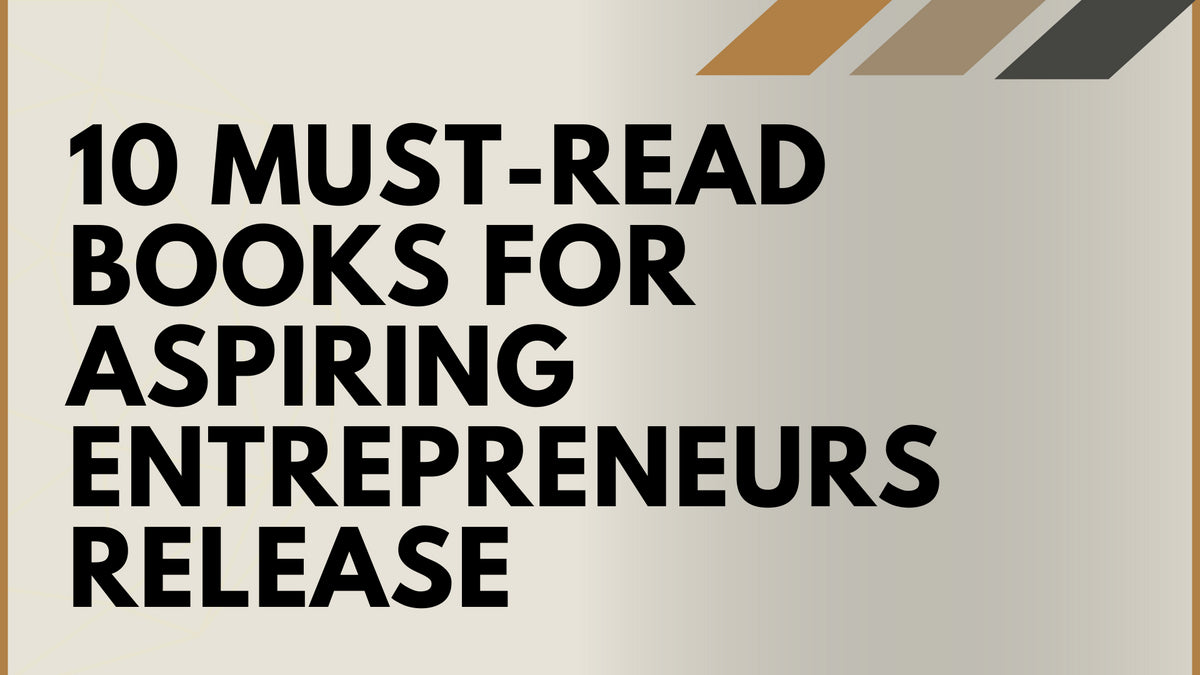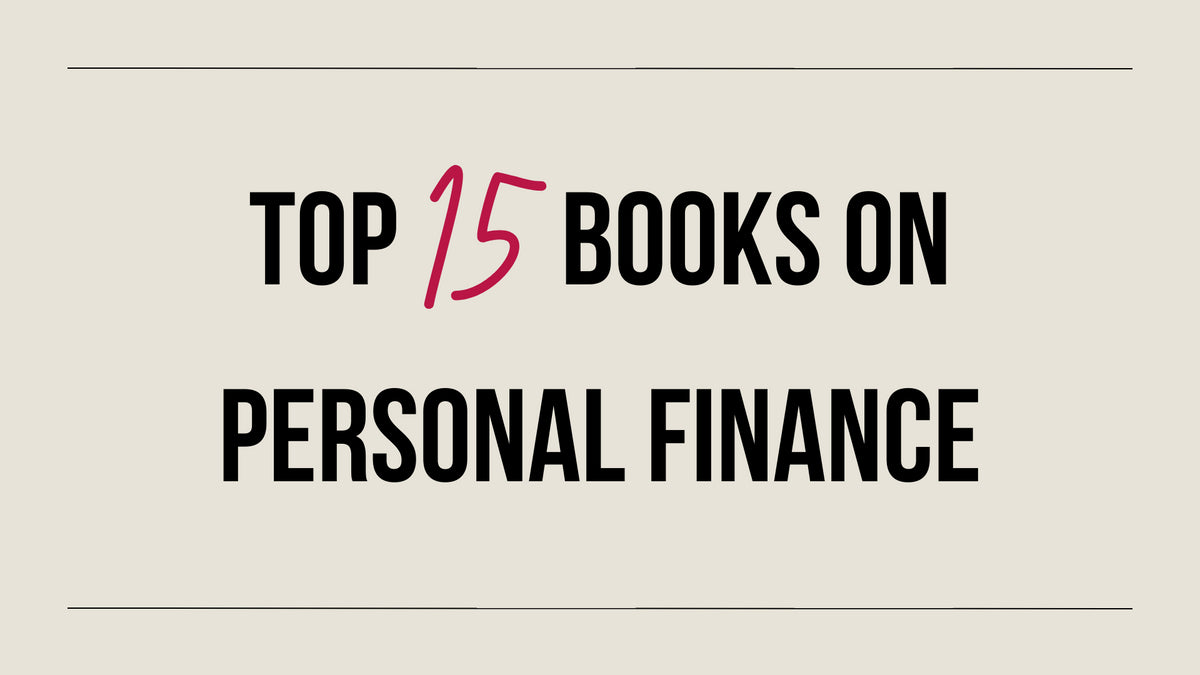Your Cart is Empty
Fooled By Randomness Book Summary: Secrets To Achieve Financial Success
Listen To This Article
Setting And Exceeded Expectations
People look at the past and assume it predicts the future, yet it does not. Past events, like current ones, were influenced by randomness or luck, and they are stripped of the daily noise that influenced decisions and events at the time. Life is nonlinear which leads to chance events, so luck plays a big role.When considering a past event in politics, investments and business, look at the costs of the alternative rather than the outcomes. Think in terms of expected value, in other words, because probabilities are meaningless unless you know the magnitude of the outcomes. The bottom line is that people make emotional choices and not rational ones.
Achieve Your Expectations
- We see past events as less random than were in reality and look for causality
- We judge people by their performance and wealth without realizing the extent luck has played
- Outside of casinos and textbooks, probability is an acceptance of the lack of certainty in knowledge and development of strategies for dealing with ignorance
- Many people are just mainly lucky due to randomness, but they experience attribution bias by assigning success to a precise reason
- Individual probabilities only have meaning when you know the magnitude of their outcomes
- Life is nonlinear
- We make choices with emotions and not rationality
- When looking at the past, mistakes can only be assessed based on information available up to the point of the event and do not help you predict the future because a new past was created
- We tend to generalize, going from particulars to general, which lowers awareness of the randomness at play
- We are probability blind, meaning we cannot make decisions without emotions

Featured In This Review
Fooled By Randomness
$15.69
Life is nonlinear which leads to chance events, so luck plays a big role. When considering a past event in politics, investments and business, look at the costs of the alternative rather than the outcomes.
SHOP NOWFooled By Randomness Book Summary
The book Fooled by Randomness is a book about the nonlinear or randomness of life. Many of life and work paths seem linear, moving a person towards the next result, like a promotion, degree or retirement plan. This makes us think all life is linear when it is not, according to author Nassim Nicholas Taleb. He believes life is non-linear because many outcomes depend on the path chosen. Choose a different path, and you end up with different outcomes. In the book Stumbling on Happiness, a similar question scenario is described concerning the pursuit of happiness. People spend their lives trying to reach a desired future, only to discover tomorrow is not as expected. They are making decisions based on memory (the past) which is not related to the future.

Where it gets complicated is when a tipping point in a linear path is reached. For example, something invented reaches common usage and becomes the standard. It is easier to maintain a standard than veer off into something new. There is usually a lack of initial awareness of the power of the innovation (tipping point) to drive change, so people expect incremental changes to always have incremental impact. Yet, at some point, something happens which causes a majority of people to change course and experience a big reward which could be an easier way to work or a monetary reward. The size of the reward does not necessarily match the effort.
Want to buy a book review like this?
Click here to learn how to get your book reviewed!
The first chapter begins with a scenario addressing the pecking order. The Rule of Pecking Order is we are willing to make less so long as others are making even less. So, the question is whether success can be judged by performance and wealth? Sometimes it can, but not always. Many successful business people are the least-skilled but are lucky. Their success makes them rise in the pecking order, but randomness is not considered. The impression the person makes gives status – the way they walk, talk, express confidence, exhibit success, etc. They may get credit for education and skills, when it is really luck that drove success.

Risk detection and risk avoidance are largely found in the emotional part of the brain. The implication is that rational thinking does not have much to do with risk avoidance. It finds justification for behavior by fitting logic to it. In the Monte Carlo model, Taleb presents three concepts. The alternative sample path is the history that could have happened but did not. The random sample path is a succession of historical events that have a beginning and ending date, but also have an uncertainty. The third concept is Taleb’s Monte Carlo stimulation which generates large numbers of random sample paths and looks at some of the characteristics of their features. In Taleb’s book Antifragile, one of the volumes in the Incerto series, the point is made that some things benefit from chaos and uncertainty. They are resilient and flourish, leading to innovation by trial and error.
The author believes that people tend not to learn their emotional reactions to past experiences are short-lived. Instead, they retain the bias of thinking that something good, like a purchase, will bring long-lasting happiness or a setback will always cause prolonged distress. When looking at the past, we suffer from seeing a loss experienced in events, even if rationally we know they are short-term noise. Psychologists estimate the negative effect for an average loss to be up to 2.5 the magnitude of a positive one. This may remind you of the book Winners which suggests people have two mindsets: a “go to” mindset that drives them to win and a “move from” mindset in which their magnified fear of failure is the success driver.

Hindsight bias is when we look back on events and decisions, and we tend to see them as less random than they are in reality. Instead of bravely remaining skeptical in order to confront limitations and take time to introspect, we fool ourselves. This makes the book about probability a lesson on skepticism. In the real world, probability is not just a mathematical calculation. Probability is an acceptance of the lack of certainty in what we know and the path chosen so that new methods can be developed. The book Black Swan discusses how improbable events that are unpredictable and carry a massive impact are usually assigned predictability after the fact. Taleb does not believe most decisions are risk-based. They are uncertainty-based.
The author discusses how randomness is often disguised as non-randomness or determinism. For example, someone has good luck but attributes it to a certain precision reason. Attribution bias cause them to not realize they are just lucky. They claim an entrepreneur has vision or a stock trader is talented, when in fact past performance is due to chance. People are encouraged to pursue something they are afraid of doing in the book Poke the Box, but they take comfort in the certainty of the moment or status quo. But is there really certainty? Taleb would say “no” because you cannot judge what will happen now by what happened in the past. The present is not as certain as many want to believe. However, Taleb does agree that “chance favors the prepared.” Doing the things that contribute to success contributes to, but does not necessarily, cause success.

It is emotions that can drive people to make decisions, but emotions can also lead to irrational decisions, instead of decisions based on logic and reason. Sometimes, we need to make some decisions that have some irrationality or randomness. Some decisions are made with elements of emotion and not just based on rational reasoning. Some randomness is good because it leads to creativity and innovation. The author points out that randomness can be beautiful when it is not harmful. A lot depends on who is making the irrational decision, i.e., artist versus chemist. Some endeavors, like art and symbolism, reflect an unwillingness to accept randomness. It is not a coincidence that many of the famous contributors to the book Make Your Mark are creative and innovative and used that creativity to make decisions that led to business success. They saw the world through a lens of unpredictability and opportunity.
Applying his mathematical knowledge, Taleb says that where there is asymmetry in outcomes, the average (mean) survival (expected outcome) has nothing to do with the median survival. Yet, people often disregard the fact the expected value of what is really a random distribution is different from the median. Odds that are asymmetric means probabilities are not 50 percent for each side. The payoffs are not equal. But the frequency or probability of the loss is irrelevant. Loss probability should be judged in connection with the magnitude of the outcome. Probability should not be equated with expectation. What matters is not the probability an event will take place. It is the actual outcomes that matter. After reading the book Be Fearless, Taleb’s perspective makes even more sense. People who are successful focus on actual outcomes and not doubts about the probability something will happen in a certain way. They trust their instincts and not their past.
Along the same lines, a past time series can lead to a false feeling of certainty, if too much weight is assigned to rare events. The author, once a stock trader and analyst, presents a good example using a financial trader. Assume the financial trader is successful. His clients tout his ability to pick the right stocks because the stock values increase over time. However, the financial trader is ignoring the fact the stock market could crash, and he would be financially ruined. People look at a portfolio of stocks over short time increments and see the portfolio variability as a signal of gain or loss. At the same time, daily news presenting information is loaded with noise. Yet, historical events are stripped of daily noise, like the news. As Taleb writes, he knows his weakness is an inability to tame his “emotions facing news and incapable of seeing a performance with a clear head.”

When an irrational decision leads to extreme difficulties, take responsibility and do not blame others. People have control over their behavior. That was the message in the book What I Learned Losing a Million Dollars. People have psychological barriers that lead them to rationalize decisions which keep them in a losing position. One of the most important messages in the book is that we tend to consider the worst thing that happened in our past as the worse possible case. But if the past event, holding surprises, did not resemble the past before it was different, then why should our future resemble the current past? Making decisions based on faulty assumptions about prior events can perpetuate loss. Some knowledge, like that gained through books, does not increase with more information, meaning verification is not possible.
Taleb works his way through concepts like probability blindness and the influence of heuristics on decision-making. This is a long book, and a common criticism of this book is that it lacks structure. It is intentional. After all, it is a book on randomness. Taleb writes the he does not like books that have content easily guessed based on the table of contents. The author has a lot of himself in this book through stories, personal experiences and shared insights. You may or may not agree with everything he writes, but he spends a lot of time presenting a rational, if random, explanation.
About the Author Nassim Nicholas Taleb
Nassim Nicholas Taleb is the author of the book series Incerto which is a five-volume philosophical essay on uncertainty. Fooled by Randomness is the first volume but is a standalone book in terms of its information. Taleb earned a BS and MS at the University of Paris and an MBA at the Wharton School of the University of Pennsylvania. His PhD was earned at the University of Paris in 1998. He has a varied background, having spent two decades as a mathematical statistician, derivatives traders, risk analyst and aphorist. Taleb then decided to pursue a career as a full-time essayist and scholar with a focus on uncertainly.
Taleb has had an illustrious career though his perspective on economic theories go against common theories. He focuses on practical, mathematical and philosophical problems with probability. His work on risk covers a range of topics, including political stability, statistical mechanics, convergence of risk measures, psychological biases and risk-based systems of ethics. During his career in trading, risk analysis and mathematical statistics, he held a variety of positions.
Nassim Nicholas Taleb was a managing director and proprietary trader at Credit Suisse UBS. He became the worldwide arbitrage derivatives trader for commodities, currencies and non-dollar fixed income at First Boston. Taleb held the position of chief currency derivatives trader at Banque Indosuez. He became managing director and worldwide head of financial option arbitrage at CIBC Wood Fundy and a derivatives arbitrage trader at Bankers Trust. Additional positions held include as proprietary trader at BNP Paribas and independent option market maker on the Chicago Mercantile Exchange.
Taleb is founder of Empirica Capital which closed in 2005 due to his health reasons. Since 2007, he has been the Principal/Senior Scientific Adviser at Universa Investments in Miami, FL. but assumed a passive involvement in 2010. It was in 2006 that Taleb decided to become a scholar and philosophical essayist. As a result, he has held several education positions, including at New York University’s Courant Institute of Mathematical Sciences, the University of Massachusetts Amherst, the London Business School and Oxford University. He currently holds the position of Distinguished Professor of Risk Engineering at New York University Tandon School of Engineering.
A prolific writer, Taleb wrote the five books that together are called Incerto, a Latin word meaning uncertainty: Fooled by Randomness (2001, 2005); The Black Swan (2007, 2010); the Best of Procrustes (2010, 2017); Antifragile (2012); and Skin in the Game (2018). Fooled by Randomness is a non-technical book that Fortune called one of the smartest 75 books known. The second non-technical book is The Black Swan, which discusses unpredictable events, is a New York Times Bestseller. In the second book, analysts agree that Taleb predicts the 2008 banking and economic crisis. (The second publication dates mentioned are second editions.)
Taleb also published a 2-volume technical books Incerto: Statistical Consequences of Fat Tails: Real World Preasymptotics, Epistemology, and Applications (2020) and Fragility, Risk, and Convexity. The books are in addition to numerous technical and specialized articles.
Though he has won many awards, he stopped accepting awards, honorary doctorates, listings, and other recognitions. He did this in a belief that prizes, awards and degrees turn knowledge into a spectator sport. Taleb is found on Twitter and Facebook which is for philosophical discussions only. He has numerous YouTube videos in which he discusses various mathematical concepts and his perspective on current economic events
Want to buy a book review like this?
Click here to learn how to get your book reviewed!
Leave a comment
Comments will be approved before showing up.
Also in Books

The Best Books for Google Analytics 4 (GA4) Training
Unlock the secrets of Google Analytics 4 with our curated list of the best GA4 training books for 2023! Dive deep into actionable insights, master advanced techniques, and lead the digital analytics revolution. Don't get left behind; discover the ultimate resources to dominate GA4. Click now to elevate your skills!
Read More
10 Must-Read Books for Aspiring Entrepreneurs
Do you dream of starting your own business? If so, you need to read this article! We've compiled a list of 10 must-read books for aspiring entrepreneurs. These books will provide you with the knowledge and inspiration you need to turn your dream into a reality. Click here to read the article and learn more!
Read More
Top 15 Books on Personal Finance
Are you looking for a safe and informative place to learn about personal finance? If so, you've come to the right place! This article discusses the top 15 personal finance books on the market, all of which are sure to help you improve your financial situation without any explicit sexual descriptions or that is sexually suggestive in nature or is primarily intended to cause arousal.
Read More